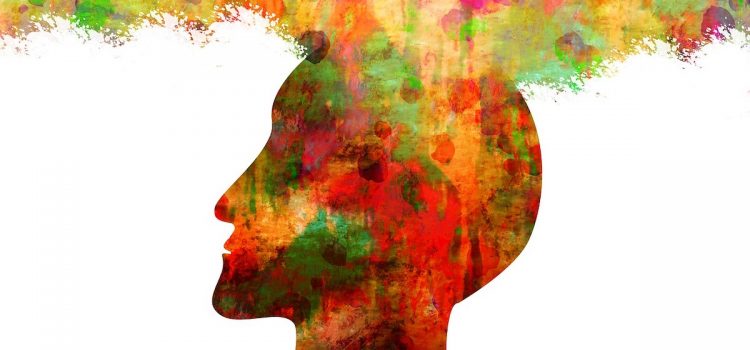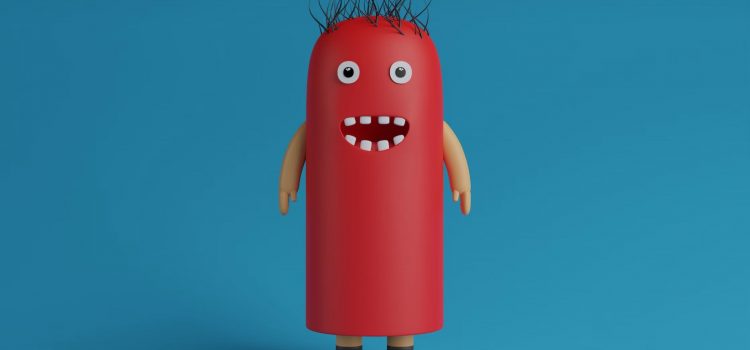Looking for some ways to improve cognitive function? How can you use your body to improve your cognition? According to Annie Murphy Paul, modern society is at odds with our neurobiology. In her book The Extended Mind, she explains how to improve cognitive function based on the evolutionary methods our brains thrive on—actively engaging with our bodies. Keep reading to learn three ways to improve cognitive function, according to Paul’s methods.
3 Ways to Improve Cognitive Function Using Your Body










